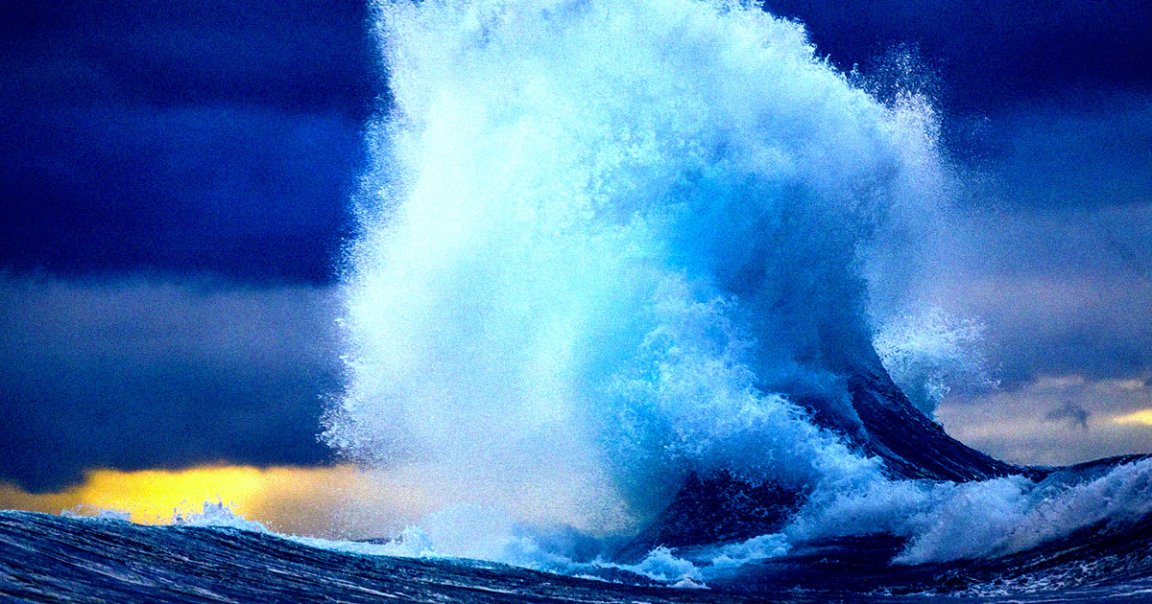
In what may be a resurgence of an outdated and wasteful custom, people in fishing towns are launching dynamite into the water — to catch fish.
As The Guardian reports, this method known as “blast fishing” is illegal in most parts of the world, including the waters around the island country of Sri Lanka, where an uptick in this harmful practice is devastating local communities.
“Everything within a 100-meter radius of the blast is destroyed – coral reefs, marine plants and animals,” Wilson Perera, a fisher and supplier from the Sri Lankan village of Salpayaru, told the newspaper. Waters that once were full of life have been decimated, the fisherman said, by this reckless exercise.
People throw small explosives like gelignite, which consists of nitroglycerine and nitrocellulose gel in a wood pulp stick, or water-gel sticks, into the water and wait for the dead fish to rise to the surface, where they can be captured with nets.
It’s as brutish as it is simple, and as Perera explained, this method’s appeal lies in its simplicity and ease given that it only requires two or three people as opposed to the 25 or so needed for a proper fishing crew.
While there are short-term benefits for blast fishers — including that the yield can be up to 2,200 pounds of fish in a single go, versus the 50 or 60 one gets from traditional methods — its long-term implications are numerous. Blast fishing not only destroys marine flora, as the report explains, it can also affect the generation of fish, leading to shortages that are affecting the livelihoods of fishers in Salpayaru and other areas that mainly rely on fishing.
“An entire generation [of fishers] will be destitute [because of blast fishing],” Perera said.
While governments like Sri Lankas have successfully seized explosives near beaches that were likely going to be used for blast fishing, many more slip through the cracks. As government officials told The Guardian, monitoring the seas surrounding Sri Lanka is a difficult task.
“The navy is stationed in limited areas and when we inform of an incident they are deployed to the relevant areas,” Susantha Kahawatta, the head of the country’s fisheries department, told the newspaper.
While it’s by no means a new phenomenon — a 1903 short story by the American writer Frank Norris called “The Passing of Cock-Eye Blacklock” focuses on similar blast fishing enforcement difficulties off the coast of California — there has been an observed increase in the practice in recent years. As a 2021 meta-analysis notes, “blasting is widespread, misreported, and ongoing,” and is both the cause and the effect of complex socioeconomic issues in the areas where it appears to be growing.
Overall, this pernicious practice is incredibly harmful to the environments and livelihoods of the regions where people undertake it. But like so many other destructive acts, people will keep doing it as long as they can get away with it.
More on messed-up water: Man Arrested for Dropping Chemical Into Swimming Pools Using Drone